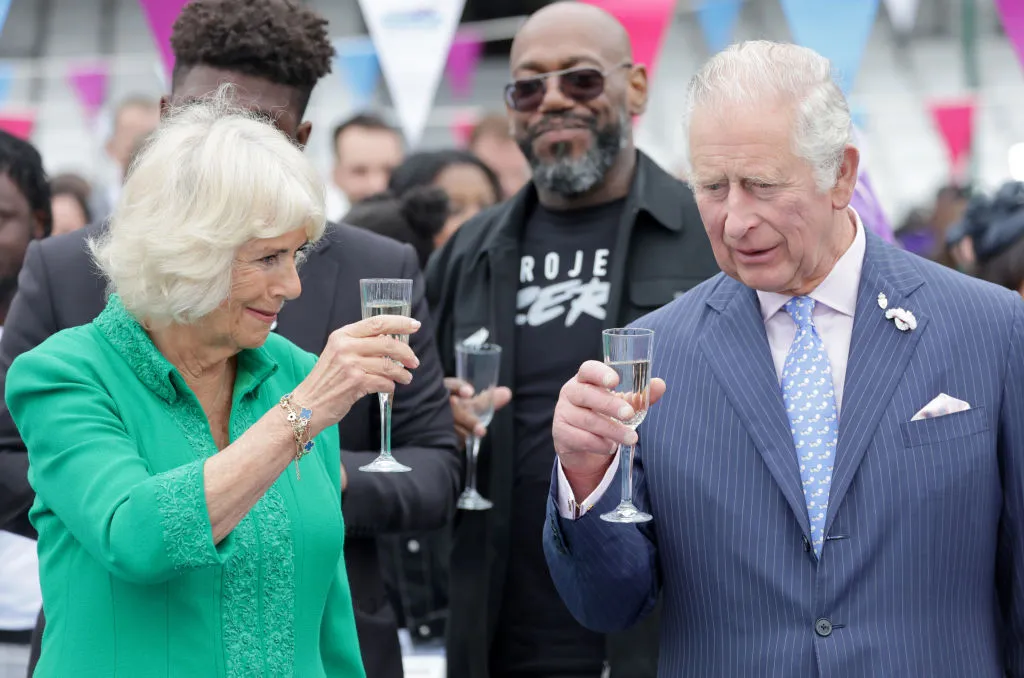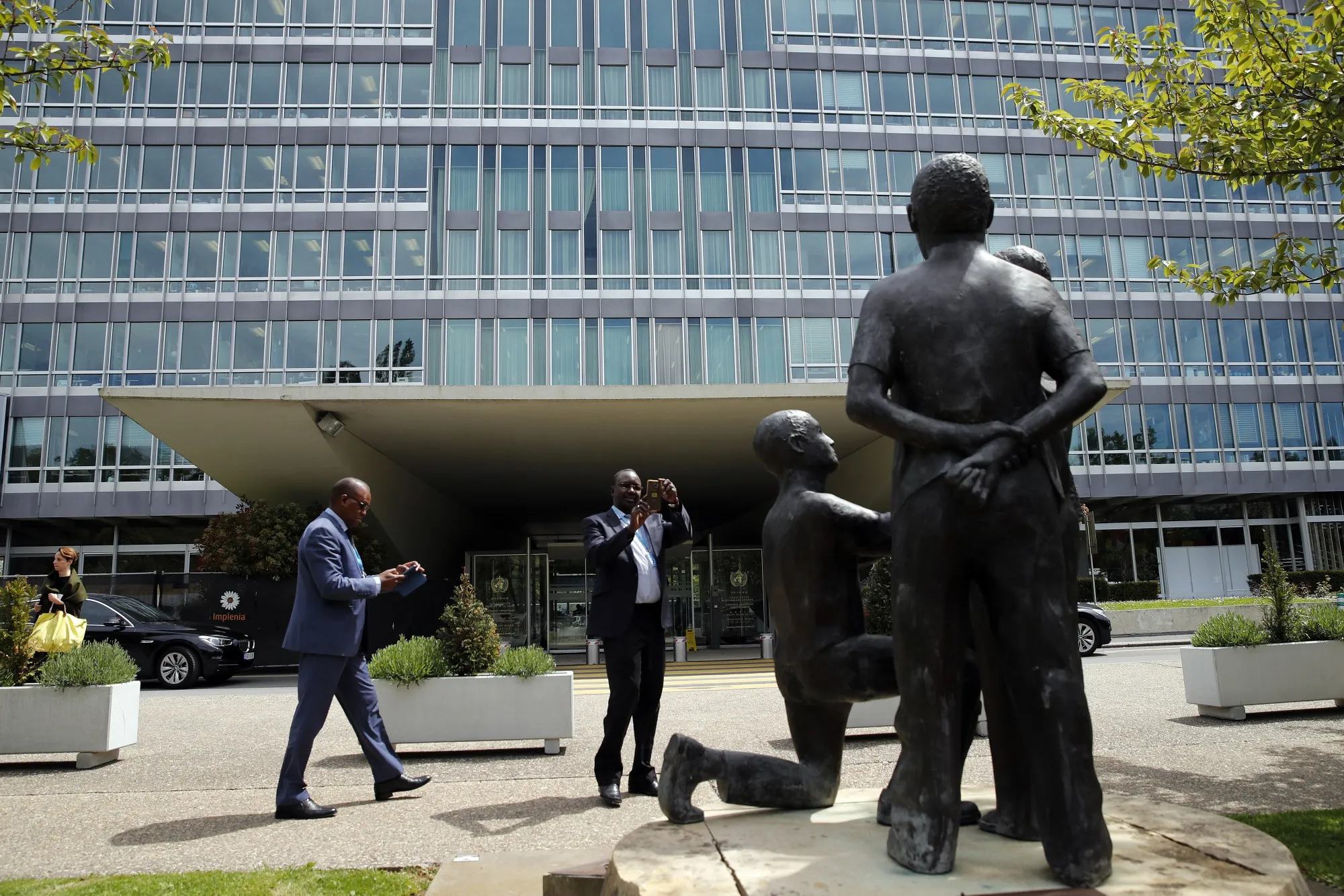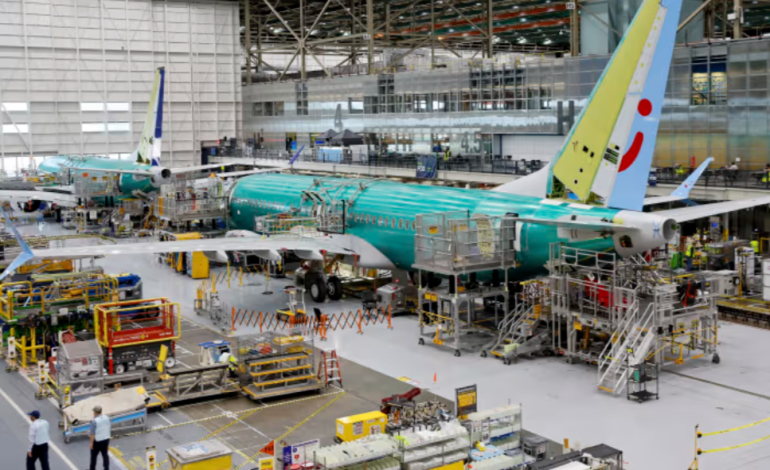Boeing announced Monday that Elizabeth Lund, Senior Vice President of Quality for Commercial Airplanes, will retire in December after a 33-year career with the company.
Lund, appointed in February, has been at the forefront of Boeing’s quality improvement efforts following a critical incident in January when a panel blew out mid-air on an Alaska Airlines 737 MAX 9. This departure comes as Boeing navigates a challenging landscape of production restarts, quality audits, and intensified regulatory scrutiny.
In her recent role, Lund was tasked with overseeing quality control after the Alaska Airlines incident, which prompted the Federal Aviation Administration (FAA) to require a comprehensive safety improvement plan from Boeing. Her position, established specifically to address quality concerns, saw her implementing processes to address longstanding issues within Boeing’s production lines. Despite planning to retire earlier, Lund extended her tenure to help Boeing meet its commitments to the FAA, according to an internal message from Boeing Commercial Airplanes CEO Stephanie Pope.
“Elizabeth took on the role during an exceptionally challenging year… Her leadership and commitment to quality have been invaluable, and her contributions will leave a lasting impact,” Pope wrote.
Throughout her career at Boeing, Lund has overseen high-profile jet programs, including the 777 and 747 models, and contributed to the commercial airplane supply chain. A graduate in mechanical and aerospace engineering, she has been one of Boeing’s most prominent female leaders. Following the January incident, she took on the responsibility of revamping quality controls and addressing operational flaws. In June, however, Lund faced criticism after disclosing confidential details to the media, resulting in a National Transportation Safety Board (NTSB) rebuke and loss of access to its investigation.
In recent months, Lund admitted before the NTSB that Boeing’s past strategy to reduce the number of quality inspectors under former leadership was a misstep.
“We have undone much of what was done,” Lund stated.
She acknowledged that risk assessments had not been sufficiently rigorous in that process.
Lund’s retirement comes amid heightened scrutiny from the FAA and other regulatory bodies. The FAA recently initiated a new three-month safety review of Boeing, examining its risk assessments and regulatory adherence. In a January move, FAA Administrator Mike Whitaker halted any expansion of Boeing’s 737 MAX production, demanding evidence of substantial safety improvements.
In addition, the Department of Transportation’s Office of Inspector General recently criticized the FAA’s oversight practices, noting the agency’s inability to effectively monitor Boeing’s manufacturing standards. A 2023 audit identified 97 incidents of regulatory noncompliance related to Boeing’s manufacturing controls, storage practices, and product management.
Lund will be succeeded by Doug Ackerman, currently Vice President of Supply Chain and Fabrication Quality. Ackerman, who has collaborated with Lund on Boeing’s quality plan, is expected to continue implementing the processes outlined in the FAA-approved safety strategy. He brings over 30 years of experience within Boeing and has played a key role in the company’s quality initiatives.
Reuters, the Wall Street Journal, and the Seattle Times contributed to this report.









